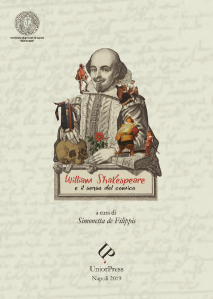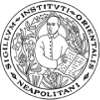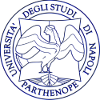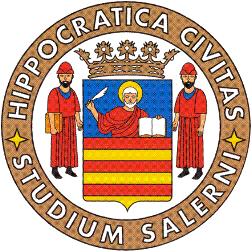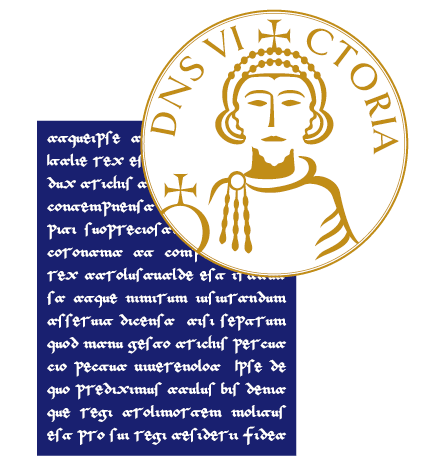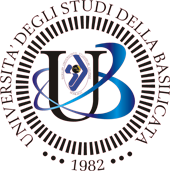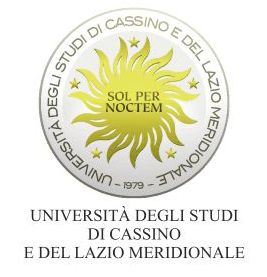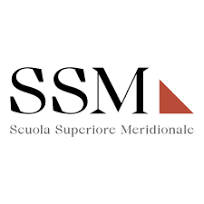William Shakespeare e il senso del comico
Keywords:
Shakespeare, commedia, sperimentazione, identità, metateatroSinossi
Editore: UniorPress
Collana: Fuori Collana
Pagine: 320
Lingua: Italiano
NBN: http://nbn.depositolegale.it/urn:nbn:it:unina-24887
Abstract: La commedia, un genere fluido quando non fortemente ambiguo, risulta estremamente complessa da definire nei suoi contorni sebbene sia proprio la sua duttilità e flessibilità a farne un terreno fertile e particolarmente adatto alla sperimentazione teatrale nella scrittura di William Shakespeare. Il grande drammaturgo, con la sua inesauribile vena creativa, persegue una costante e inesausta ricerca di nuovi linguaggi e di nuove forme e modalità di strutturazione del discorso teatrale: temi, luoghi, personaggi, soluzioni e funzioni teatrali, commistioni di generi, elementi metateatrali, si dispongono nella materia comica shakespeariana all’interno di testi leggeri e divertenti ma sempre di grande spessore e di profonda complessità in cui la dimensione della problematicità viene in diversi casi accentuata attraverso una modalità “dark comic” che fa della commedia di Shakespeare un raffinato strumento di riflessione critica.
I contributi che compongono questo volume discutono della scrittura comica shakespeariana per approfondirne modalità e funzioni teatrali, connessioni con le tradizioni popolari o con le questioni socio-economiche del tempo, usi particolari del linguaggio, personaggi potenti come Falstaff che ha travalicato i confini del proprio testo per abitare opere di altri autori e di altri generi, rivisitazioni in culture diverse e transcodificazioni in generi differenti, rappresentazioni e allestimenti contemporanei italiani: la grande produzione comica shakespeariana – da The Taming of the Shrew a Twelfth Night, da A Midsummer Night’s Dream a The Merchant of Venice, da As You Like It a Cymbeline – viene così attraversata e interpretata da prospettive critiche diverse che, nel loro insieme, costruiscono e offrono una visione organica e ampia della commedia di Shakespeare.
Downloads
